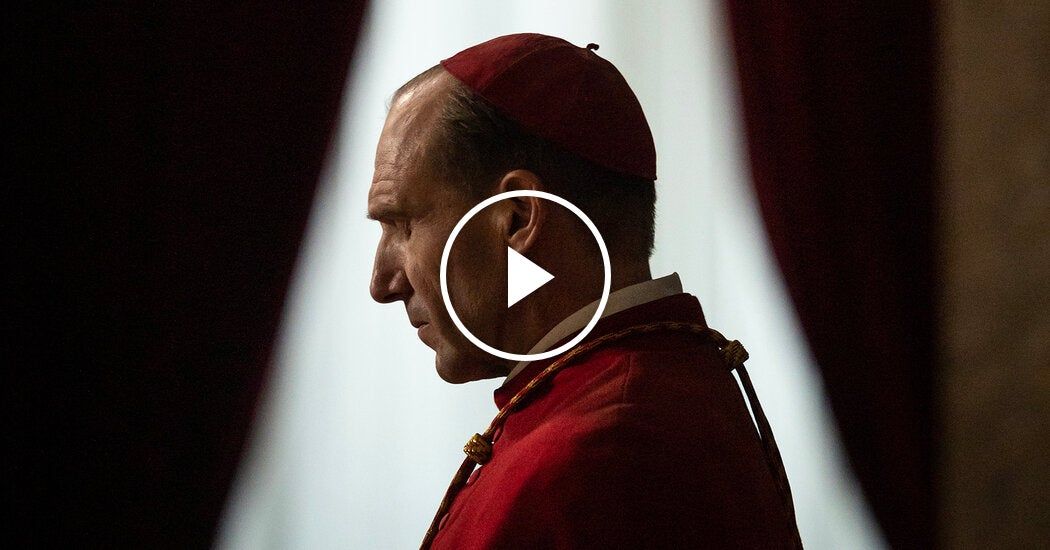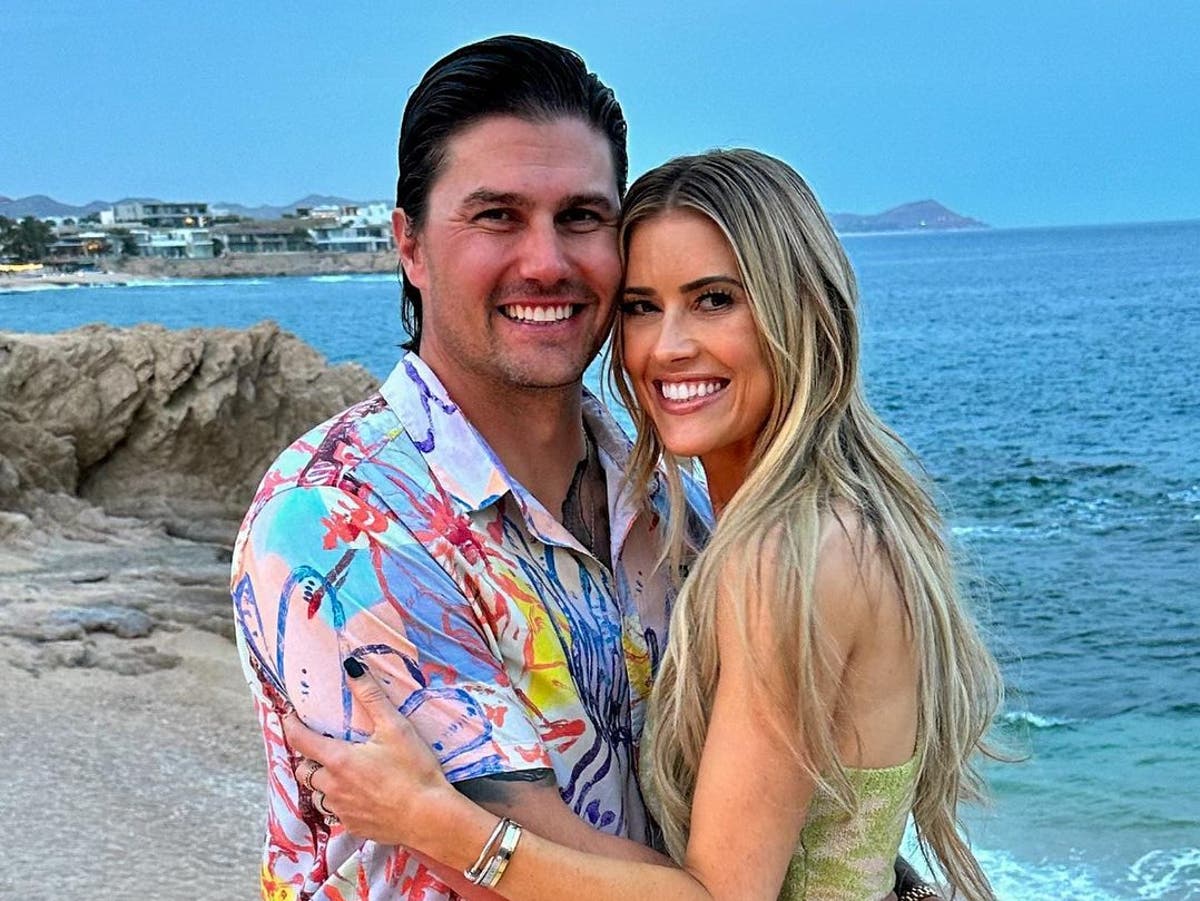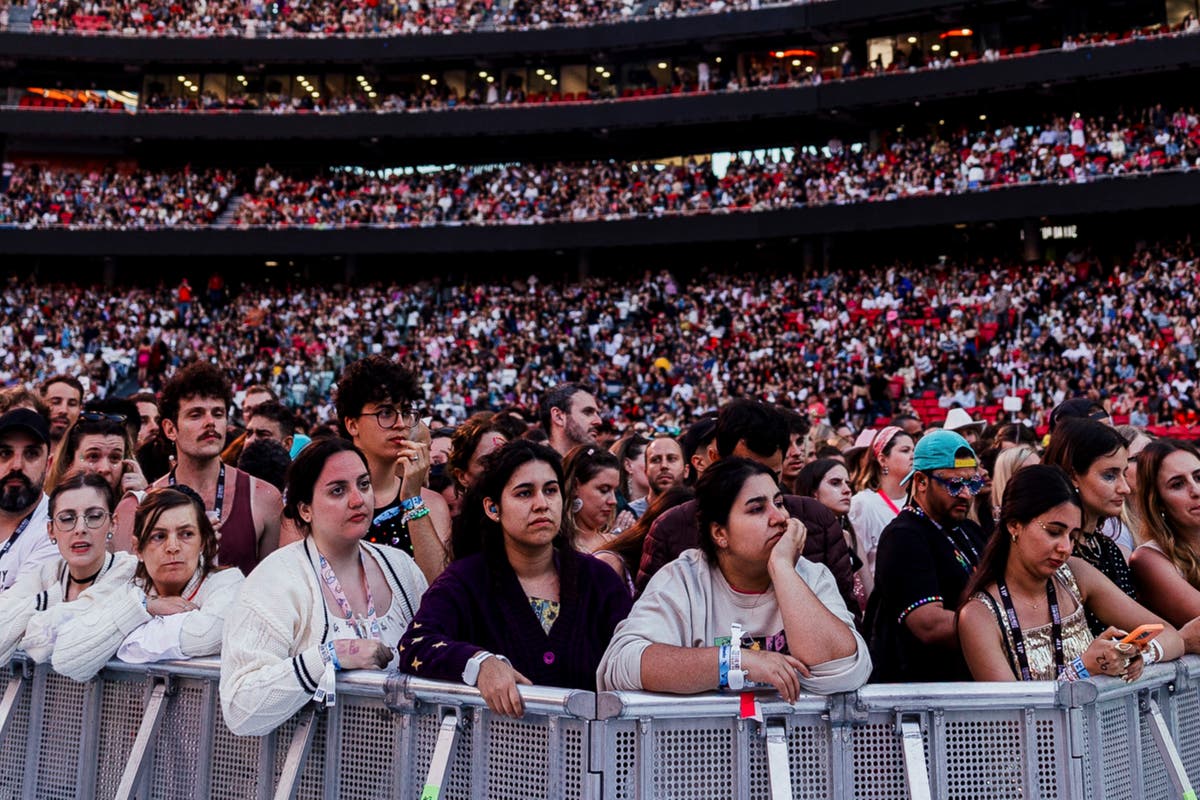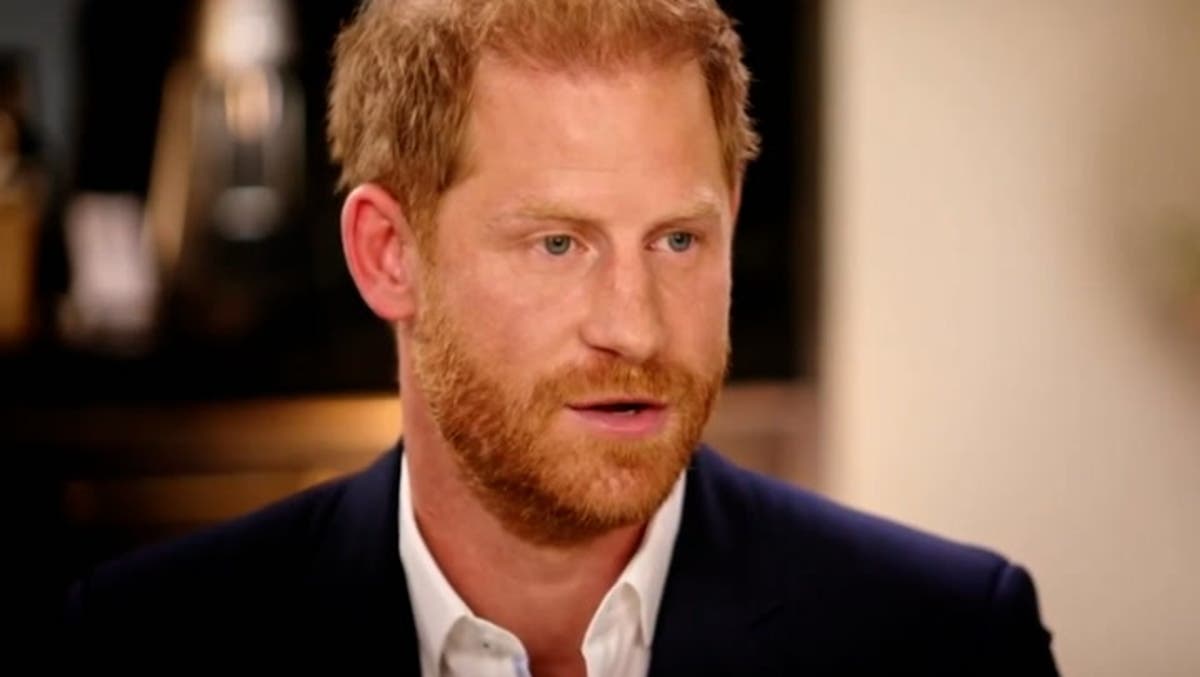“Hello, my name is Edward Berger and I am the director of the movie “Conclave”. So we're about 30 minutes into the movie. We have created the place as if the Vatican and the Pope had died. And now Cardinal Lawrence, the character played by Ralph Fiennes, is the dean of the college of cardinals, which means he has to organize the upcoming election of the new Pope. And now is their big day because it's the first day of the conclave, which means all the doors are closed. The cardinals are going to the Sistine Chapel to vote for the next Pope. And Ralph Fiennes delivers the introductory speech, a homily. And we chose this piece of music from the beginning. In reality, it is the only music that is not composed. Everything else is composed in the film. So it is the only type of original music sung by a choir. And it is the only piece of music that has been played in the Sistine Chapel for hundreds of years. And I found this fact on a morning tour at 6:00 am We went to the Sistine Chapel on a guided tour and it was empty. It's the only time it's empty. If you go at 6:00 AM and the guide told us that was the musical piece. So I looked it up and found it immensely moving and beautiful. So I decided to put it in the movie. So Ralph starts the speech in Italian, and Ralph spent a lot of time practicing Italian, and he was actually very, very inflexible. We always had a dialogue coach there or someone like an Italian who listened to his diction and everything. She was very pleased with how he interpreted it because he was also super meticulous and it seemed believable that he had lived there for 25 years and had practiced Italian for 25 years. So we pay a lot of attention to it. But then, at some point, something comes over him, a feeling. And it stops. And then you switch to your natural language, which is English. “But you know all that.” “Let me speak from the heart for a moment.” And he makes a speech about his true feelings, and that's doubt. He expresses his doubts about his own faith, about his own purpose in the Church, about the Church in general, about what he thinks the next Pope should be like, someone who accepts doubt and gives in to doubt. And that intuitive speech, that giving in to him, raises many eyebrows. In this scene, as you'll notice, we're usually pretty broad with Ralph at the beginning when he speaks Italian. We are behind. We are of a profile. And then, as soon as he speaks from the heart, as soon as his speech changes, we do a close-up, a very frontal center close-up, and the camera starts moving. And then, really, it's just an opportunity. “Certainty is the great enemy of unity.” “Certainty is the mortal enemy of tolerance.” It's just a shot, a little uninterrupted push on Ralph as he speaks and he gets lost in his words and doesn't realize there's anyone around him. And only then, once it's over. We cut to the back to a wide shot of all the cardinals listening. “If there were only certainty and no doubt, there would be no mystery and therefore no need for faith.” “Let us pray that God grants us a Pope who doubts.” The scene makes Ralph Fiennes a character to be reckoned with. He gives the speech that comes from the heart and other cardinals, especially those who have ambitions of becoming the next Pope, suddenly fear that there is a new contender in the room. And that is the climax of the scene.












